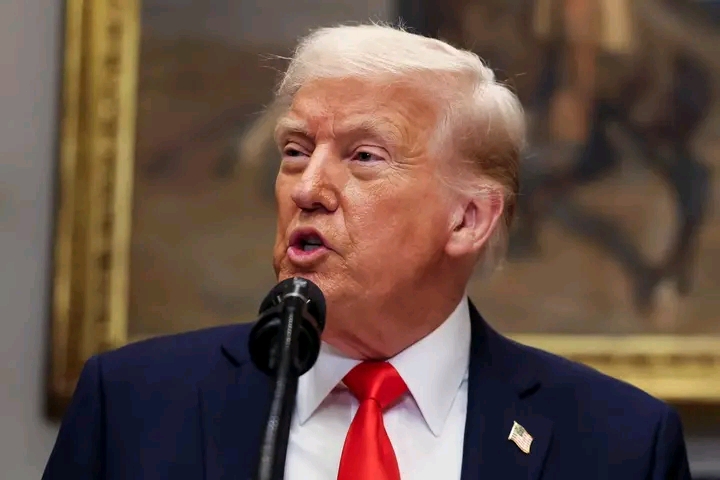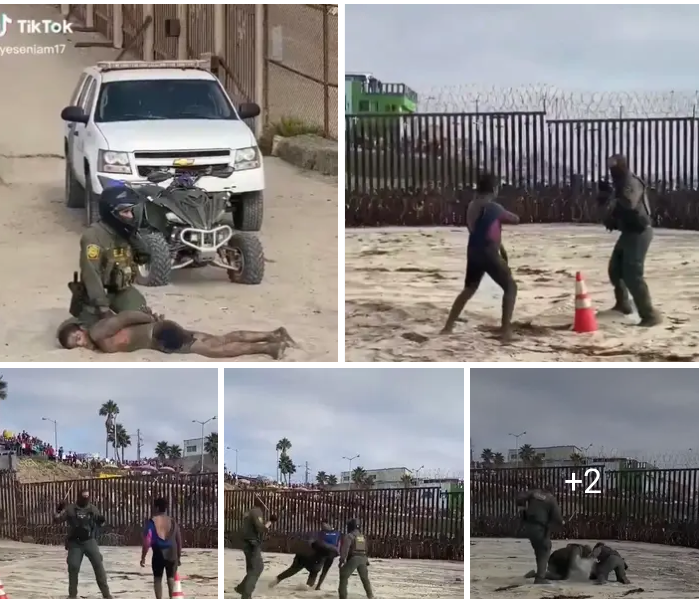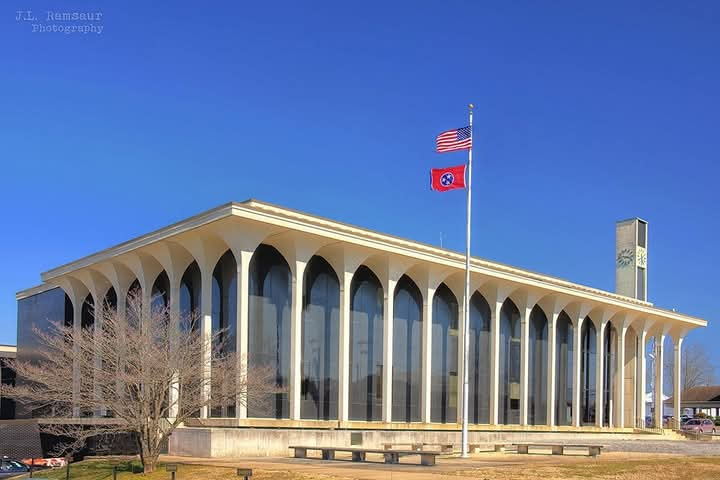Over the span of 500 days starting in 2021, nearly 8,000 active-duty and reserve military personnel were discharged from service after refusing to comply with the COVID-19 vaccine mandate. Additionally, a significant number of service members chose to leave voluntarily rather than adhere to the requirement. This policy, implemented during the height of the pandemic, sparked widespread debate and left many military careers abruptly interrupted.
In a significant shift, the Department of Defense (DOD) is now preparing to extend an invitation to these individuals, offering them the opportunity to return to service. Notably, those who accept the offer will be reinstated at the same rank they held at the time of their separation. This move aims to address the consequences of the vaccine mandate and provide a pathway for former service members to resume their military careers.
The decision follows an executive order signed by President Donald J. Trump on January 27, 2025, which specifically addresses the reinstatement of personnel discharged under the DOD’s COVID-19 vaccine policy. The order underscores the administration’s commitment to rectifying what many have viewed as a contentious and divisive chapter in military policy.
Under the terms of the executive order, both active-duty and reserve service members who were discharged solely for refusing the COVID-19 vaccine are eligible to request reinstatement. This provision applies exclusively to those whose separation was directly tied to the vaccine mandate, excluding individuals discharged for other reasons. The reinstatement process is designed to be straightforward, allowing former personnel to reclaim their positions without loss of rank or seniority.
This development marks a pivotal moment in the ongoing discussion about vaccine mandates and their impact on military readiness and personnel. By offering a path for reinstatement, the DOD seeks to balance the needs of the armed forces with the personal convictions of those who chose not to comply with the mandate. As the process unfolds, it will likely reignite conversations about the intersection of public health policies and individual freedoms within the military.






